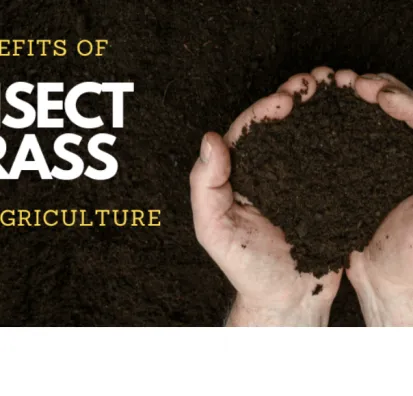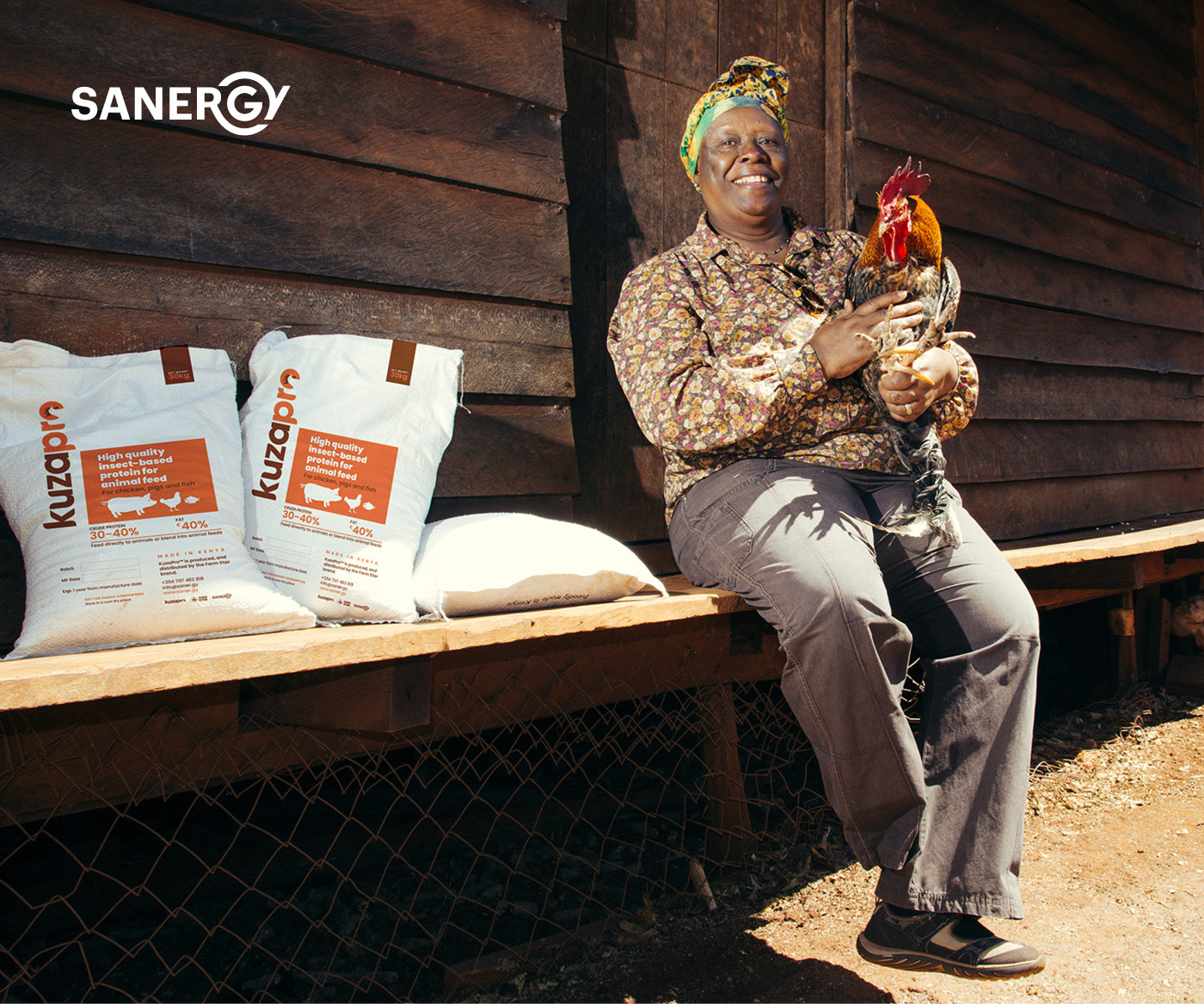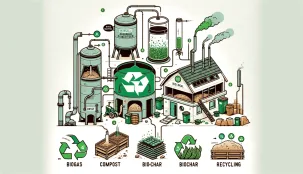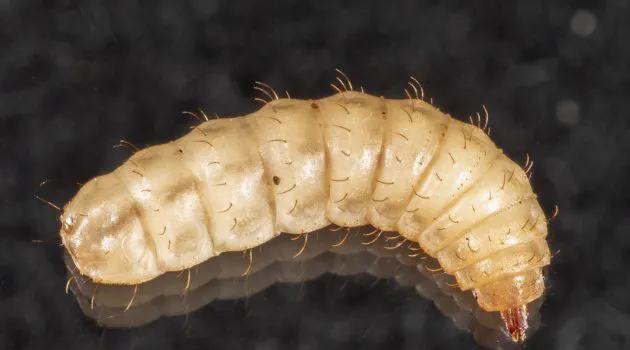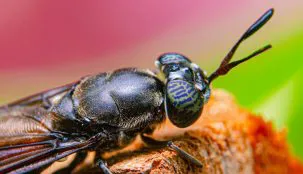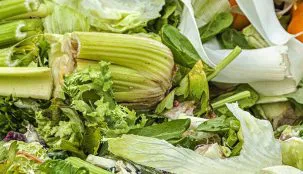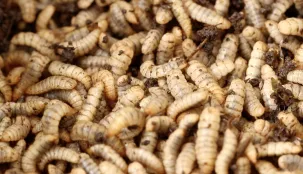Black Soldier Fly Larvae: 7.5 tons carbon saved per ton of frass produced.
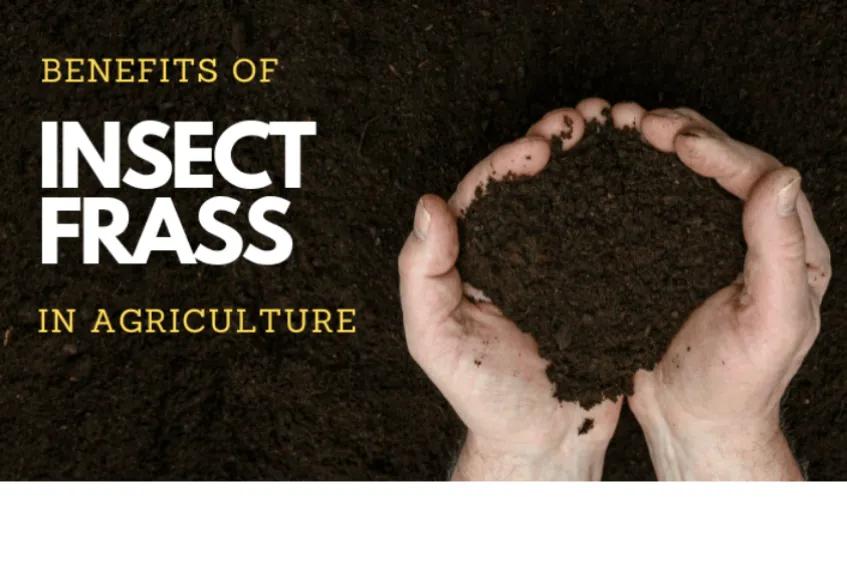
Harnessing the Power of Black Soldier Fly Larvae: Transforming Organic Waste into Fertilizer
Black Soldier Fly (BSF) larvae have emerged as remarkable allies in the quest for a greener, more efficient future. Their insatiable appetite and impressive adaptability, hold the key to unlocking the hidden potential of organic waste. Not only are they a valuable source of oil and protein for animal feed, but they also harbour the potential to convert organic waste into a nutrient-rich fertilizer. 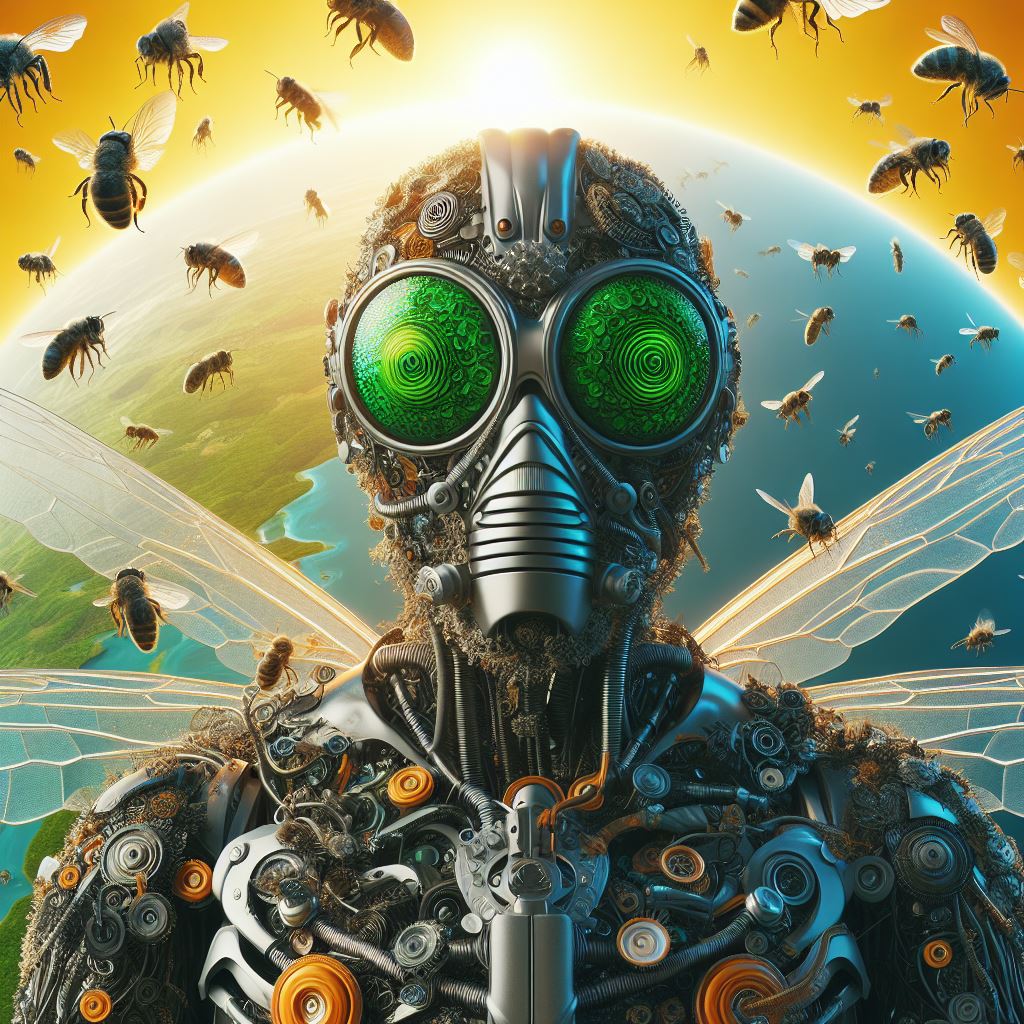
The Magic of Bioconversion:
These voracious eaters have a special talent for bioconversion. They can devour a wide range of organic waste materials, from kitchen scraps to agricultural leftovers and even manure. By doing so, they not only reduce the volume of waste but also transform it into something valuable.
- The Process of Waste Transformation:
The process is quite straightforward. BSF larvae are introduced to organic waste materials, which becomes their primary food source. As they consume this waste, they break it down through digestion and excretion. What emerges on the other side is a nutrient-rich residue that’s notably different from the initial waste. The residue produced by the Black Soldier Fly larvae, often referred to as “frass,” is a potent organic fertilizer. A nutrient-rich substance that contains essential elements such as nitrogen, phosphorus, potassium, calcium, magnesium, and trace minerals, all of which are crucial for plant growth. The slow-release nature of these nutrients from frass ensures a steady and sustained supply to the plants, promoting healthy development over time.
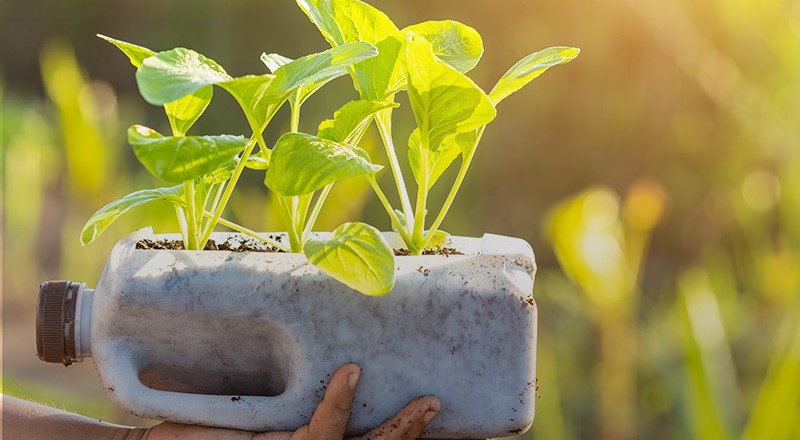
- Beneficial Microorganisms:
One of the key advantages of frass lies in its ability to foster a diverse community of beneficial microorganisms. These microorganisms include bacteria, fungi, and protozoa that contribute to soil health and plant vitality. The presence of these microorganisms helps in nutrient cycling, breaking down organic matter, and suppressing harmful pathogens, creating an optimal environment for plant growth.
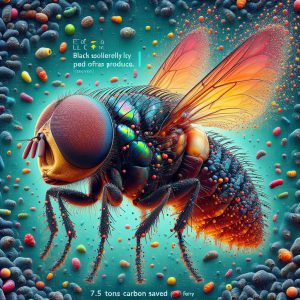
- Enhanced Soil Structure:
Frass plays a vital role in improving soil structure and water retention. Its organic composition helps to increase soil porosity, allowing for better aeration and root development. The improved soil structure facilitates the absorption of nutrients by plant roots and promotes a healthier and more resilient root system.
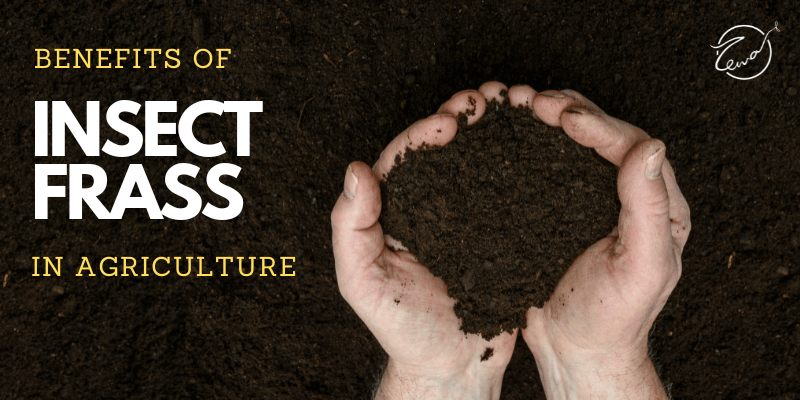
- Natural Pest Repellent:
In addition to being a nutrient-rich fertilizer, frass has demonstrated natural pest-repellent properties. The excrement of certain insects contains compounds that deter common pests, acting as a natural defence mechanism for plants. This can be particularly beneficial for organic gardening, where chemical pesticides are avoided in favour of sustainable and eco-friendly alternatives.
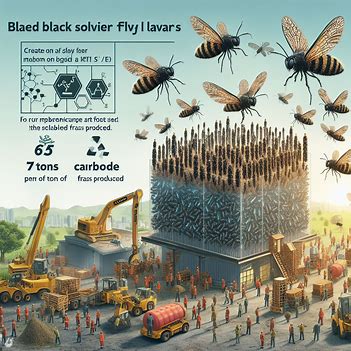
- Environmentally Friendly:
Frass aligns with the principles of sustainable and environmentally friendly agriculture. As a byproduct of insect activity, it represents a renewable resource that can be harvested without causing harm to the ecosystem. Utilizing frass as a fertilizer reduces reliance on synthetic chemicals, minimizing environmental impact and promoting a more balanced and resilient ecosystem.
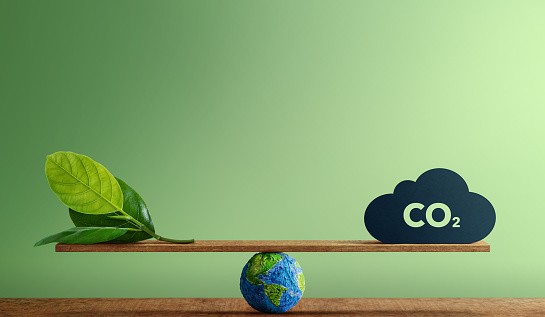
- Application of Frass:
Frass can be applied to plants in various ways, including top dressing, soil incorporation, or as a liquid fertilizer through dilution. Its versatility allows gardeners to adapt its application method based on the specific needs of their plants and gardening practices.
The use of Black Soldier Fly larvae to convert organic waste into fertilizer reduces the volume of organic waste destined for landfills, curbing methane emissions and mitigating the ecological footprint of waste disposal. Moreover, it lessens the need for chemical fertilizers, which can have adverse environmental impacts. Current LCA models suggest the frass industrial fertilizer balance is approximately (per ton produced). Frass produces 1.1-ton carbon against 8.5 tons by industrial fertilizer. Offering a benefit of 7.4 tons carbon saved, an attractive proposition for those wishing balance their environmental profile or drive profit from the carbon market. The application of Black Soldier Fly larvae in waste conversion and fertilizer production represents a significant stride towards sustainable agriculture and waste management.
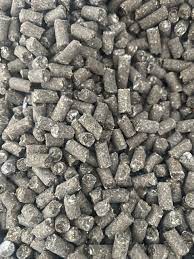
For more information
- Insect bioconversion of waste, please contact us at the Insect school. https://www.insectschool.com/
- Turnkey insect farms – https://www.insectengineers.com/bsfturnkey/production
If you would like to book BSF industry keynote speaker Bob Holtermans for your event – https://www.insectengineers.com/about-us/speaker-bobholtermans
Comments on this post
Comment posted by Kourosh:
A very good article and initiation by insect school.
